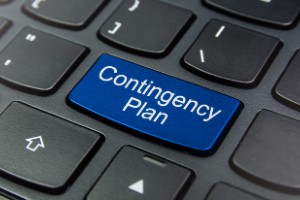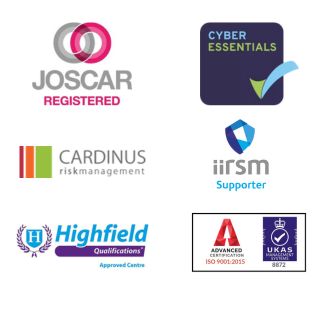
Businesses and employees are working more flexibly that ever. In the wake of the global COVID pandemic it is now commonplace for employees to work both at the office and at home in any given week, or to have even opted to be entirely remote working.
With this, comes an increasing need for both employers and employees to be aware of the risks of prolonged use of Display Screen Equipment (DSE) and have the knowledge and ability to carry out a DSE assessment of their working environment and get help to rectify any issues identified wherever they are located.
In this blog, we look at how frequently a DSE assessment should be carried out and some of the common triggers for reassessment.


 As businesses settle into the norm of home working, and with the likelihood of this continuing for several weeks if not months to come, David shares his thoughts on the impact of the new working world on the general health and well being of employees.
As businesses settle into the norm of home working, and with the likelihood of this continuing for several weeks if not months to come, David shares his thoughts on the impact of the new working world on the general health and well being of employees.

 As many businesses move to remote working in line with Government advice, focus so far has primarily been around the practical logistics of accessing data and ensuring its security, changing the way that services are delivered, communication with clients and other team members.
As many businesses move to remote working in line with Government advice, focus so far has primarily been around the practical logistics of accessing data and ensuring its security, changing the way that services are delivered, communication with clients and other team members.


